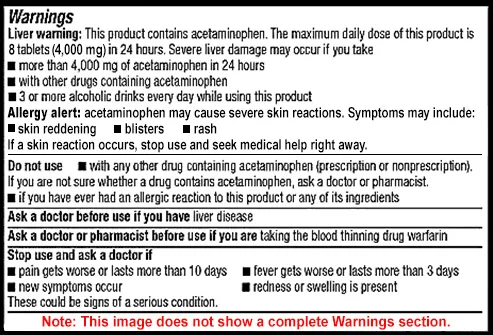Prescriptions For Schedule 2 Medications
I'm prescribed a Schedule II controlled substance on an ongoing basis, and I know I have to visit the doctor every month since this type of prescription isn't refillable. I've been doing this for a long time and it hasn't been a problem for me. However, the past few weeks have been a little different. A couple of weeks ago, I went for my routine visit, walked out with my script, and had it filled the next day.
But since then, I had to go back a couple of times for unrelated medical issues; the last visit was about five days ago. All this is very unusual for me. Rather than have to go back in two more weeks, I asked the doctor to write the usual Schedule II script for the following month, which he did. I'm now holding the prescription and plan to have it filled when the time comes, a little over two weeks from now. Indian national anthem lyrics in english. Could I run into problems doing this? For instance, can a prescription become invalid if it isn't filled within a few days?
It occurred to me that there might be a statutory or regulatory assumption to the effect that if you do receive a script for a non-refillable controlled substance, you presumably need it as soon as reasonably possible and therefore shouldn't be holding onto the prescription for weeks. From looking at information available on the DEA's website, this doesn't happen under Federal law, but in certain provisions California narcotics laws generally are more strict (with the notable exception of laws concerning marijuana). On the state Board of Pharmacy's website I couldn't find the answer one way or another. You would be fine. In California, up to a 3-month supply of a Schedule 2 prescription may be written and dispensed at one time. It is fine to hold on to a pre-written prescription and have it filled when due. However, the doctor (or prescribing practitioner) may not 'post-date' a prescription.
Schedule II controlled substance prescriptions, written for a patient enrolled in hospice, may be faxed to a pharmacy for dispensing. --- physician assistants (PA) and advanced practice nurses (APN) are not allowed to issue prescriptions for C-II drugs. Controlled substance schedules categorize drugs and chemicals according to their recognized health benefits, risks to users and likelihood for non-medical use. The federal Controlled Substances Act gives the U.S. Drug Enforcement Administration authority for maintaining a national drug schedule.Each state also has its own schedule. The DEA drug schedule is a list of controlled substances divided into 5 categories that differ by state. Find out what this means for pharmacists. Many effective and widely prescribed medications produce narcotic and potentially fatal adverse effects. Pharmacists, other healthcare providers, and government and law enforcement officials must. Jul 24, 2017 - Pharmacists should consult their state prescription drug monitoring. Schedule II controlled substances can be dispensed through an oral.
While I don't know when the actual written 'script' expires', it is at least 1 month in California. The doctor also has the option (not requirement) of writing 'may be filled on or before [insert given date]' or 'fill when due in (insert month and/or date)'. Furthermore, any pharmacy may check the 'CURES' database in California for controlled substances and refuse to fill the prescription before the due date--or, in their professional judgment, go as far to refuse the prescription (usually for a reason, however, such as: the doctor is on a 'watch list'; the quantity or dosage is unreasonably high (often they will call the doctor to verify). If they refuse, and the prescription is legitimate, they must return the prescription to you.
Additionally, a pharmacist, may, for ethic, moral, or religious reasons, refuse to refill a prescription, but must--refer that prescription to any other pharmacists on duty. (In reality, this is extremely rare). Also, if you cannot pay or pay the full co-payment of the prescription, they may refuse to provide you the prescription.

Also, the prescribing doctor may, in fact, 'nullify' any prescription---whether Schedule 2, or even non-scheduled, or may nullifying any refills of any prescription, in his/her professional judgment. However, absent such conditions, you should have no problem, unless the database reveals 'drug-seeking behavior'.

Schedule 2 Drugs Prescription Requirements
Multiple Prescriptions of Schedule II Drugs Drug Enforcement Administration regulations allow practitioners to provide individual patients with multiple prescriptions, to be filled sequentially, for the same Schedule II controlled substance, with such multiple prescriptions having the combined effect of allowing a patient to receive over time up to a 90-day supply of that controlled substance. Part 1306) Among the requirements are that each prescription issued have a “legitimate medical purpose” and that doctors include written instructions on each prescription. Fl studio 20 0 5 681 crack. For questions and answers about the multiple prescription rule, visit the. References Indian Health Service. Office of Management Services.